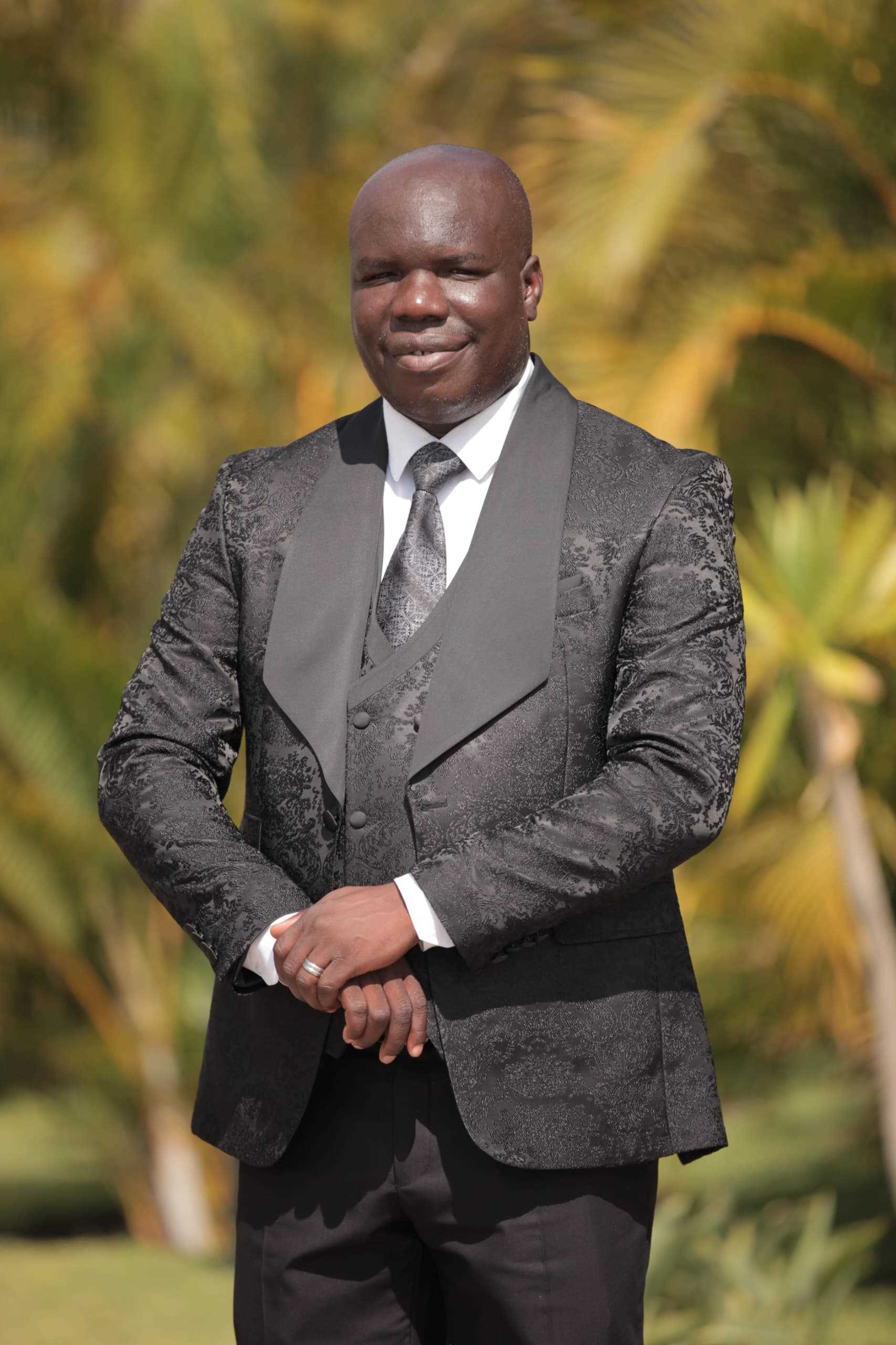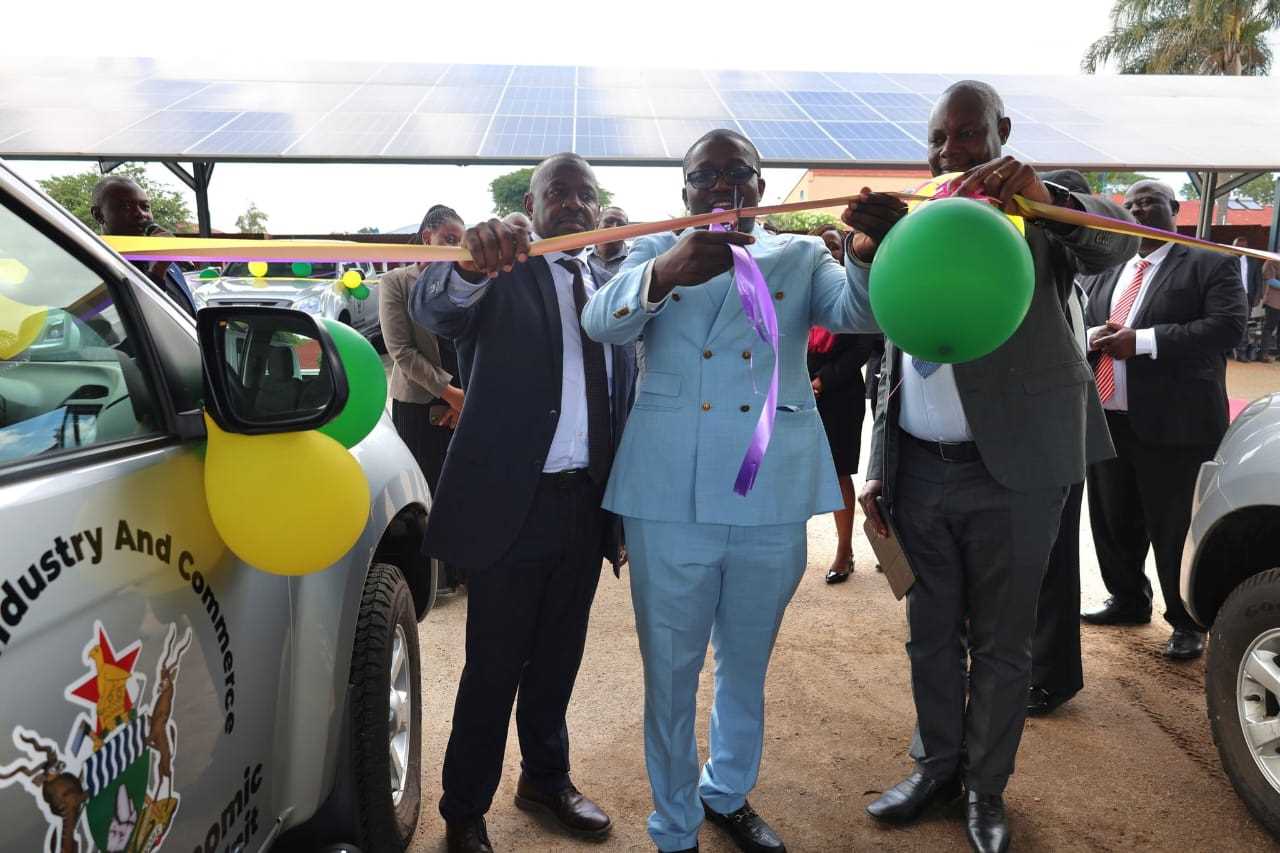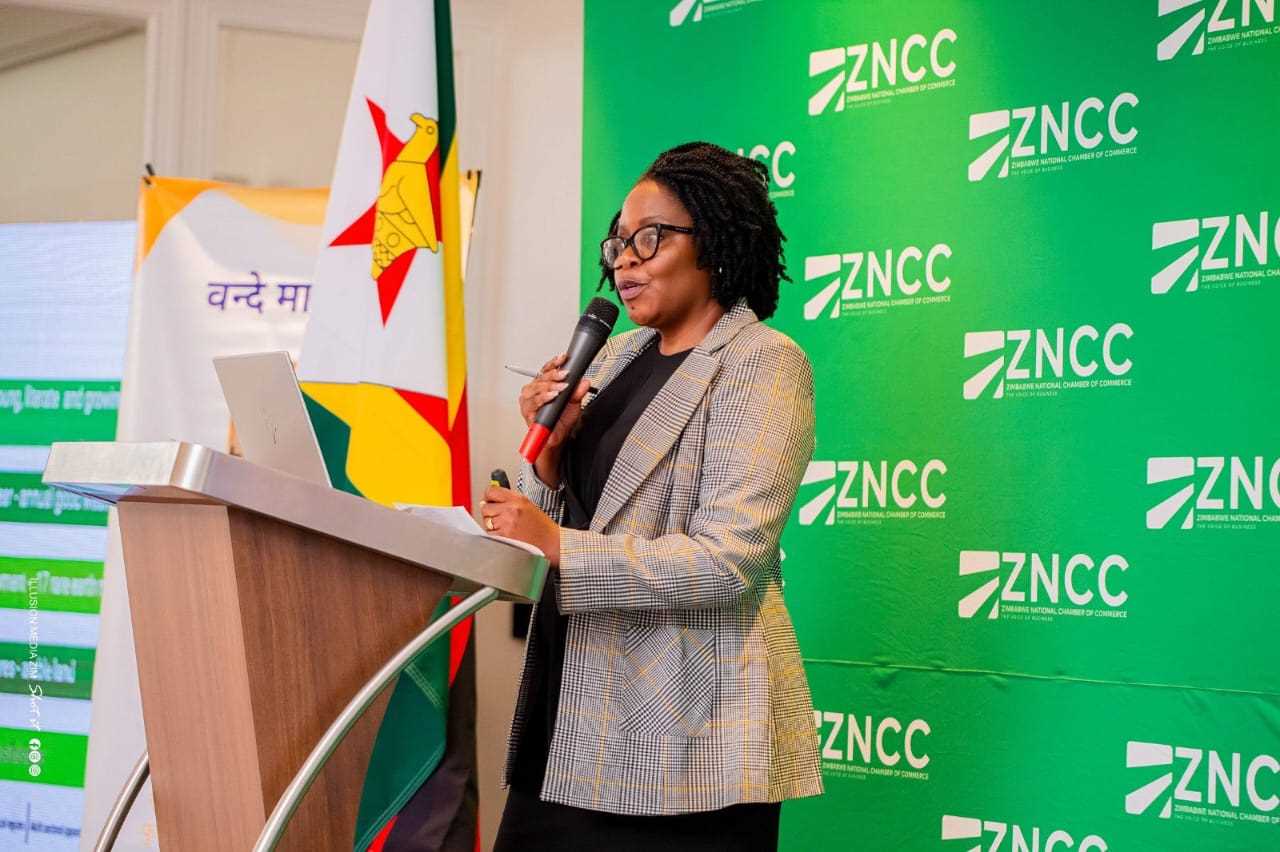
The establishment of a resource mobilisation mechanism in the mould of a publicly-funded revolving fund, aimed at spearheading renewable energy infrastructure projects, could be the long-awaited panacea to Zimbabwe's energy woes, an energy expert has said.
This comes as the country’s citizens are being forced to endure punishing load-shedding averaging around 16 hours a day, a development that has negatively impacted on industrial productivity, especially where alternative power sources are not sought.
It also comes on the back of power utility Zesa Holdings saying that it is working on strategies that will make Zimbabwe energy self-sufficient by 2025.
Clean energy expert, Dr. Edzai Kachirekwa, said securing the much-needed capital injection capacitates the private sector and Independent Power Producers, thereby unlocking potential for increased power generation through renewable energy infrastructure projects.
"Adopting the Mandatory Domestic Fund model as a mechanism to unlock resources would be a significant development towards securing the much-needed financial support for renewable energy projects in Zimbabwe. This model self-capacitates and propels the country towards energy self-sufficiency. If executed in a professional and transparent manner, Zimbabwe could end being an exporter of electricity to other regional countries," Dr. Kachirekwa told Zim Now.
Against this backdrop, Zimbabwe recently launched a Renewable Energy Fund registered with the Securities and Exchange Commission - managed by insurance giant Old Mutual Zimbabwe with the Government of Zimbabwe and several United Nations agencies as initial investors – whose major objective is to boost renewable energy initiatives.
While the move has been received as a step in the right direction, more still needs to be done to meaningfully boost power generation.
Commenting on the recent launch of the Renewable Energy Fund at the Old Mutual Gardens in Harare, Dr. Kachirekwa, who is Power Giants GNEE Africa chief executive, said: "Reliable energy access is the springboard for all economic activities, supporting agricultural, mining and industrial productivity hence it is crucial to develop a robust national strategy to ensure energy self-sufficiency.
"Developing solar grids with capacity to power meaningful economic activities at a national scale requires much resource concentration. We should do much more to make that vision a reality. Other countries such as South Africa and Kenya are doing it at a grand scale and it's working out for them. So, we should emulate that and pull together in one direction as a nation," the renewable energy expert said.
Zimbabwe’s National Renewable Energy Policy sets an ambitious target to increase renewable energy capacity from 142 MW to over 2 000 MW by 2030. This target aligns perfectly with the Sustainable Development Goals, especially SDG 7 which focuses on ensuring access to affordable, reliable, sustainable, and modern energy for all but its achievement takes more than rhetoric to be realised.
Zimbabwe's electrification rate stands at just 44%, leaving out most rural and communal areas bearing the brunt of energy poverty. This power deficit has stifled economic growth across key sectors such as agriculture, mining, and tourism. Lack of access to reliable electricity hampers productivity, limits opportunities, and deepens inequalities, particularly for women and young people in rural areas.
Related Stories
Dr. Kachirekwa has been very active in the sector lately with, Cobin Power Giants Kenya, a division of Zimbabwean electrical engineering entity, Power Giants Africa, has embarked on a multi-million-dollar solar power project in Kenya, in one of the greatest strides by a firm with Zimbabwean roots in East Africa.
The 100MW Kibwezi Solar Park project is taking shape, with support from Power Giants GNEE - a strategic partnership between Power Giants and GNEE China, arguably one of the leading entities in the provision of renewable energy infrastructure solutions in Southern Africa, with a presence in 17 African countries.
The firm also recently signed a Memorandum of Understanding (MoU) for the construction of another solar power plant in Zimbabwe.
In an interview with Zim Now, renewable energy infrastructure solutions expert and Power Giants CEO, Dr. Edzai Kachirekwa, said: "Africa is still lagging behind the rest of the world in the adoption of clean energy technologies. The beauty of implementing such infrastructure projects is that it's not only about meeting energy demands or reducing carbon emissions but it's also about strategic economic transformation through creating green jobs, promoting local industries and empowering local communities.
"This project is a major boost for our group as we strengthen our foothold in East Africa. We appreciate the people of Kenya, who bestowed their trust upon us. The awarding of such a big contract to our company shows the faith and confidence they have in Cobin Power Giants. We have the expertise and a proven track record to construct solar power plants of this magnitude. We are experts in this area."
"Apart from this project in Kibwezi, we are also set to develop another 250MW plant as well as another 150MW project in Nairobi, making a total of 500MW solar capacity in Kenya alone. We are implementing these projects together with our Chinese partners, GNEE China, who are bringing the latest solar technologies for maximum efficiency. GNEE CEO Mr. Liu Huachun and senior company executives are with us here in Kenya for a site visit as we commence the Kibwezi Solar Park project," Dr. Kachirekwa added.
Kenya is one of the few African countries that have made significant development in transforming its energy sector through implementing clean energy solutions. This is despite many African countries enjoying long hours of sunshine, which give them an advantage in harnessing solar energy.
While several African governments have made policy pronouncements towards implementing renewable energy infrastructure projects, lack of affordable capital investment, off taker risks and cost-reflective tariffs are among some of the major hurdles limiting private sector investment in renewable energy alternatives.
In light of such challenges, Dr. Kachirekwa has advocated for sub Saharan countries such as Zimbabwe, to adopt a Mandatory Domestic Energy Fund model to harness resources to stimulate growth and capacitate private sector players and Independent Power Producers to ramp up the threshold of renewables in the region's energy sector.
Reliable energy access is strongly tied to economic development, from boosting agricultural, mining and industrial sustainability as well as supporting modern healthcare and educational facilities.


















Leave Comments